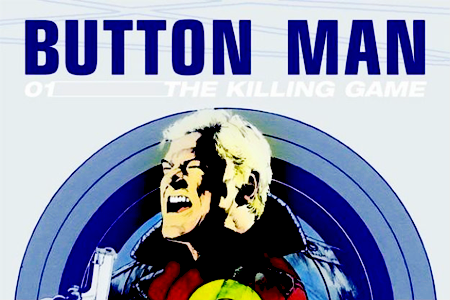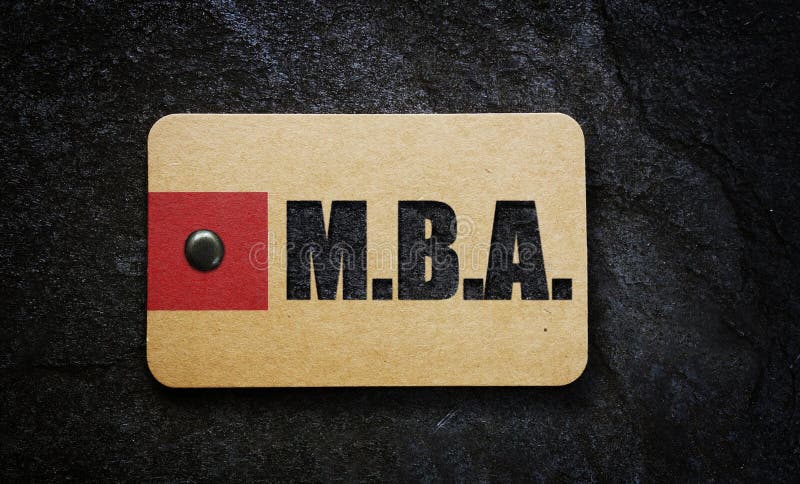

Narrator: The coaching model can complement other forms of professional development. So practice-based coaching is a cyclical process for supporting teachers, home visitors, other early childhood practitioners to implement any set of practices that are identified and defined well.

Mary Louise Hemmeter: As we were developing this model, we were really concerned about an approach to professional development for early childhood educators that would result in practice change. Teachers don't actually learn the practice. Maureen Conroy: What we found in our research is, when you go in and you do a one-day training that might last an hour, you just gain awareness. Narrator: Colleagues develop practice-based coaching for practitioners, including Head Start educators, after looking at the effectiveness of other development support. Patricia Snyder: Practice-based coaching is an approach we use to support practitioners' implementation of interactional and teaching practices with young children to support their development and learning. Narrator: One professional development coaching model used with education staff working with children and families is called practice-based coaching.ĭr. Let's drink some milk so we can go and play. Best outcomes are achieved when practitioners, like Michelle, are provided with professional development that supports their learning and growth. While their settings are different, these practitioners have the same goal: best outcomes for the children they engage with. Preschool teacher Tiffany Powers starts her day in the classroom, and Lisa Brown discusses educational strategies with parents of a young learner.

Narrator: Michelle Noelle engages with pre-K learners at her home day care.


 0 kommentar(er)
0 kommentar(er)
